True, honest-to-goodness hidden gems are hard to come by. Radical Retrospective has covered some obscurities in its brief existence, but in almost every case, the games were either good for their time, good with some caveats, or, in some cases, not good at all!
Once in a while, though, the endless mining and grueling research unearths a true winner, a game I will not only wholeheartedly recommend but am sincerely excited to pick up and replay after this article is done.
A game from a studio you probably haven’t heard of, released in very few countries, and which featured no licensed music or professional skateboarders. Great news, though: if you’re reading this, you probably have a device capable of running it.
Skate Park City, aka Skate Attack, aka Skate City Heroes, was released in 2007 for the PlayStation Portable and PlayStation 2 from a developer called ZeroScale, who made only five games in their brief existence. Information on the developer and game is scarce, but from what I’ve been able to find, the game was initially released in Portugal and Spain in 2007, with the PSP version later made available on the European PSN Store in 2010. Interestingly, it was also rereleased in 2008 with additional levels and features for the Nintendo Wii, apparently worldwide.
Beyond that, all information I was able to find came from unverifiable sources, so take the following details with many grains of salt. First: the game was allegedly developed in under a month by a team that also made a game based on “Germany’s Next Top Model”.
Second: the very good soundtrack was made by a company called Helix Audio Design, which is better known for their custom “sound logos” for giant corporations, like Siemens and Volkswagen.
Third: the only member of the development team not destined for industry obscurity was Boris Bauer, who went on to work on the Batman: Arkham series and the recent Hogwarts: Legacy. Nice work, Boris.
The game itself is a cool mash-up of Jet Set Radio and the Tony Hawk’s Pro Skater series. It has an art style so similar to the former that it borders on plagiarism, but it’s a damn fine style to steal. The gameplay leans more Pro Skater, with similar mechanics and button mapping (though grinds are curiously mapped to R1). More tricks are unlocked as you complete certain missions.
What sets it apart from other skateboarding games is the plot and combat. That’s right, combat! This won’t be the last game with boss fights on the list, but it’s arguably the only good one. In the titular city, an evil casino robot named Virus has broken free and is really pissed off that he was created to promote other people’s games, so now he is forcing the people of the city to play his games. Thankfully, a hippie is leading an uprising of sorts, and the skaters will save the city or die trying.
The melee combat is a single-button, timing-based affair that is finicky but fun enough for how rarely it’s featured. There is also vehicular combat, grappling hook traversal, and some flight-based challenges like flying bombers and skitching jets around the city’s skyscrapers.
Mechanics are added regularly throughout the game, and combat mechanics are relegated to specific missions. The missions are brief and mostly easy, but the variety keeps it fairly interesting through the five spacious maps.
The primary publisher for the PS2 and PSP versions was Midas Interactive Entertainment, a UK-based company whose business model was to license fully finished games from other countries and sell them at sub-AAA prices, using short-sighted marketing like platform-specific names to quickly hit a break-even point. This made for quick returns on their investment but made it pretty much impossible for franchises and brands to be established.
Companies like Midas and ZeroScale would try to cram the back of the box with features, often underdeveloping those features in favor of cramming in more and more. In the case of the core game, that works to its advantage.
Taken on their own, the game’s physics, trick system, combat, and mission structure are all simplistic and overly forgiving. But together, they add up to something far greater than their individual parts.
Unfortunately, the most widely released version was Skate City Heroes for the Nintendo Wii, and it dumps a lot of what made the PlayStation versions great in favor of, you guessed it, motion controls. Much like Top Skater, you can use the Wii Balance Board peripheral to simulate riding a skateboard. Unsurprisingly, contemporary reviews were not kind to Skate City Heroes, and the game vanished into obscurity.
Thankfully, the PlayStation Portable version runs on a potato and is, in my opinion, the definitive way to play (though the multiplayer party games and the Wii’s additional levels are missed). Better yet, on higher-end hardware, the cel-shaded art style upscales beautifully, and with the PSP’s native 16:9 aspect ratio, it looks splendid on modern displays.
Skate Park City is that rare example of a budget title that succeeded by throwing a dozen ideas at the wall and somehow making them all stick. It gets a full-throated recommendation for anyone with a taste for weird and obscure games, skateboarding or otherwise.
It is also likely the only game I will cover that goes out of its way to thank Eddy “Eduard” Vedder in each version of the game. Maybe someday, yet, Skate Park City will begin its life again.
Let me know in the comments if you’ve played any version of this game, or plan to, and chat with us in our Discord!
This page may contain affiliate links, by purchasing something through a link, Retro Handhelds may earn a small commission on the sale at no additional cost to you.
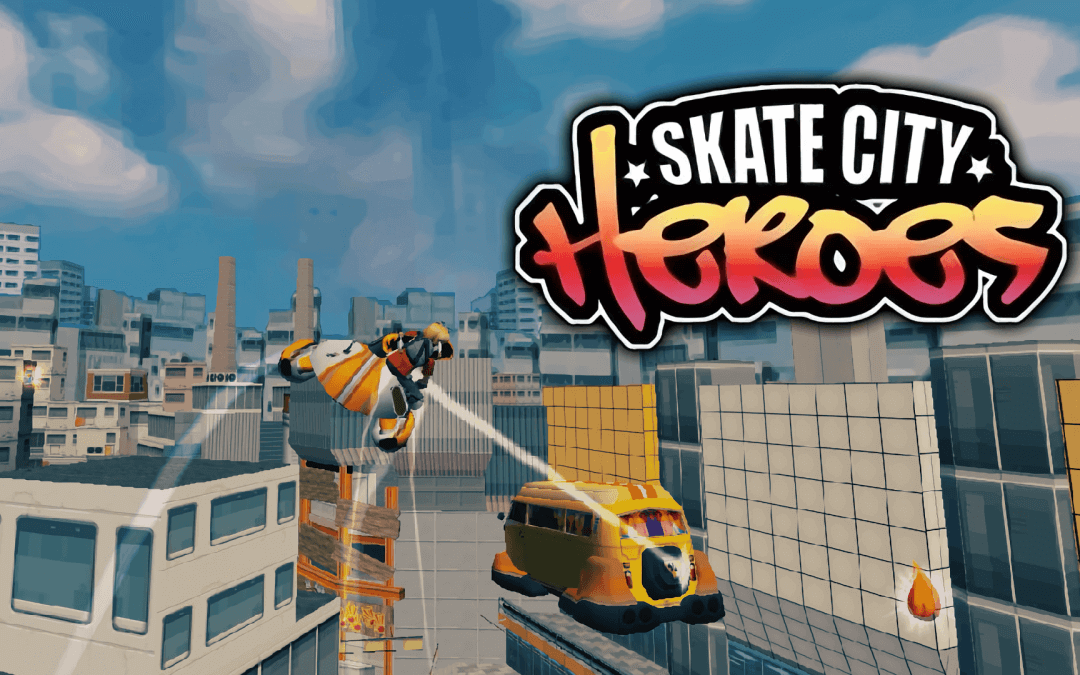
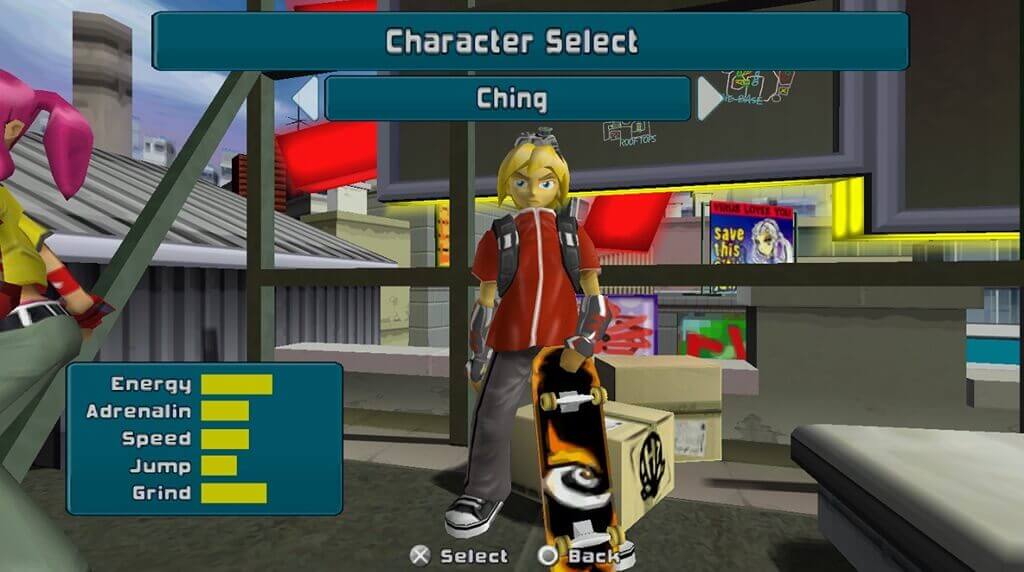
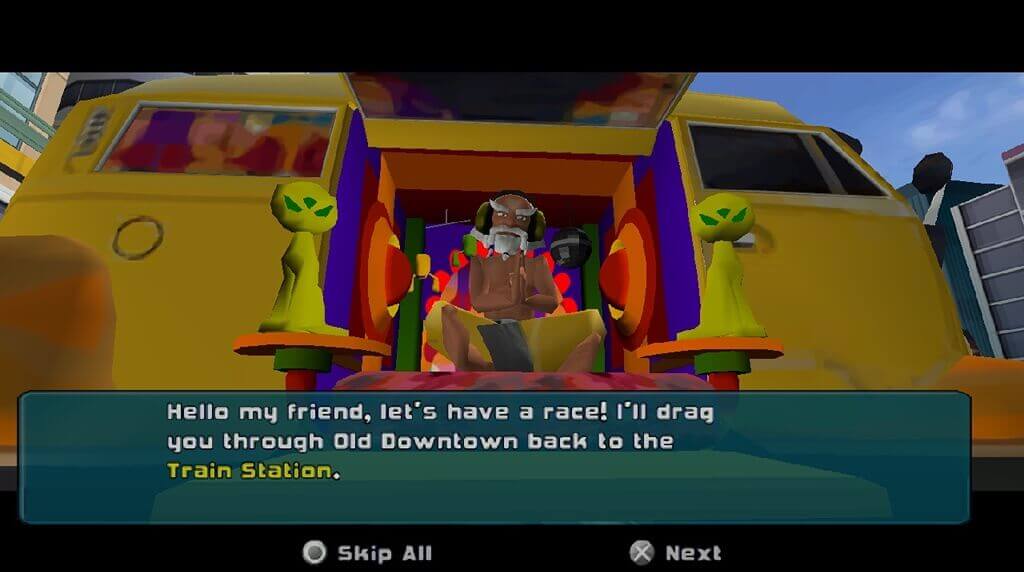
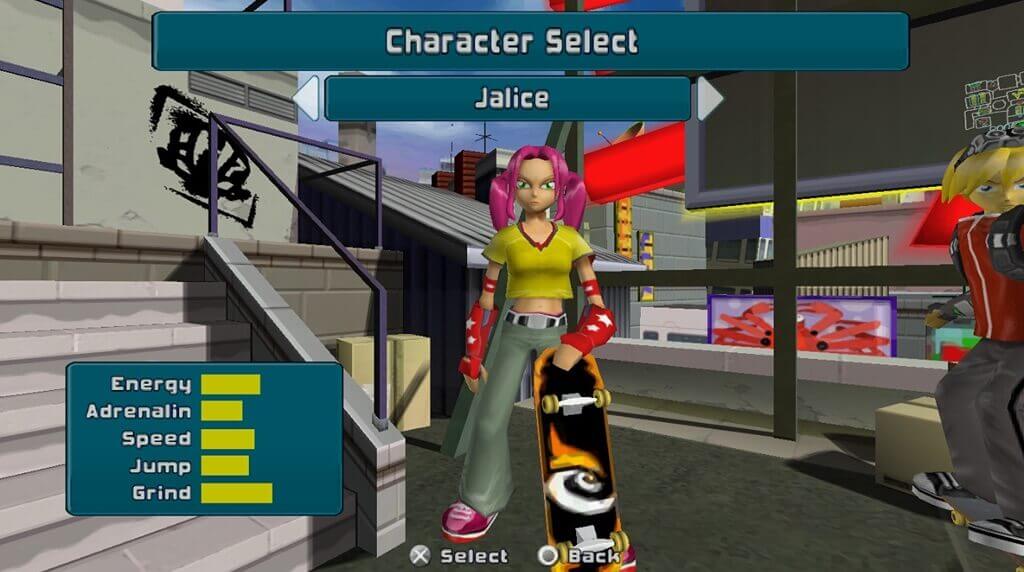
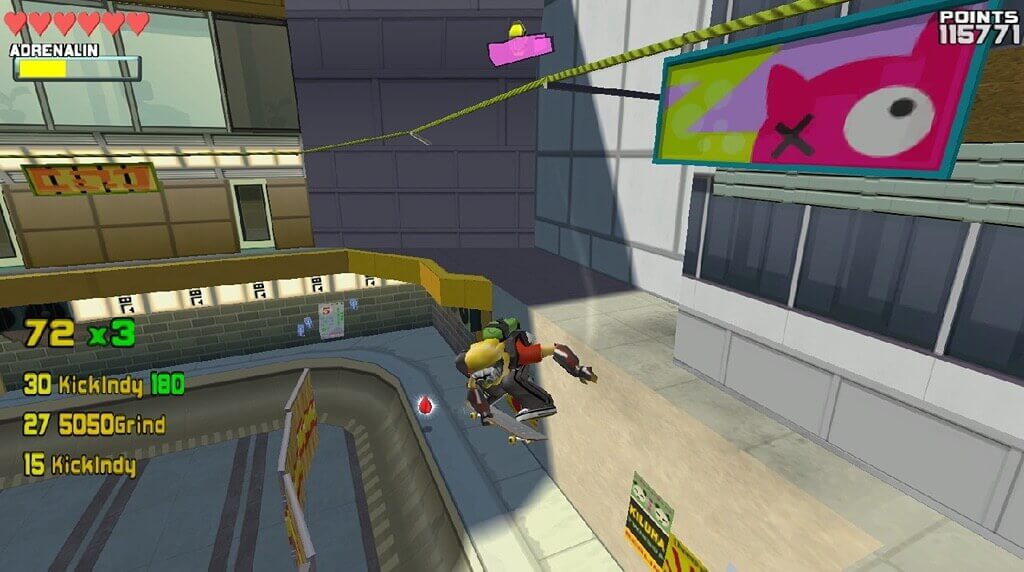
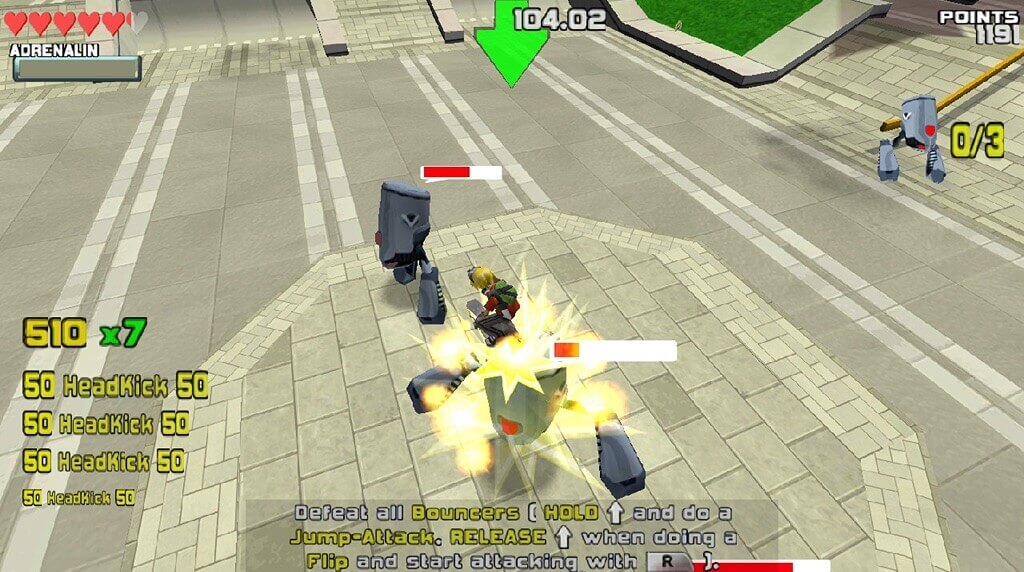
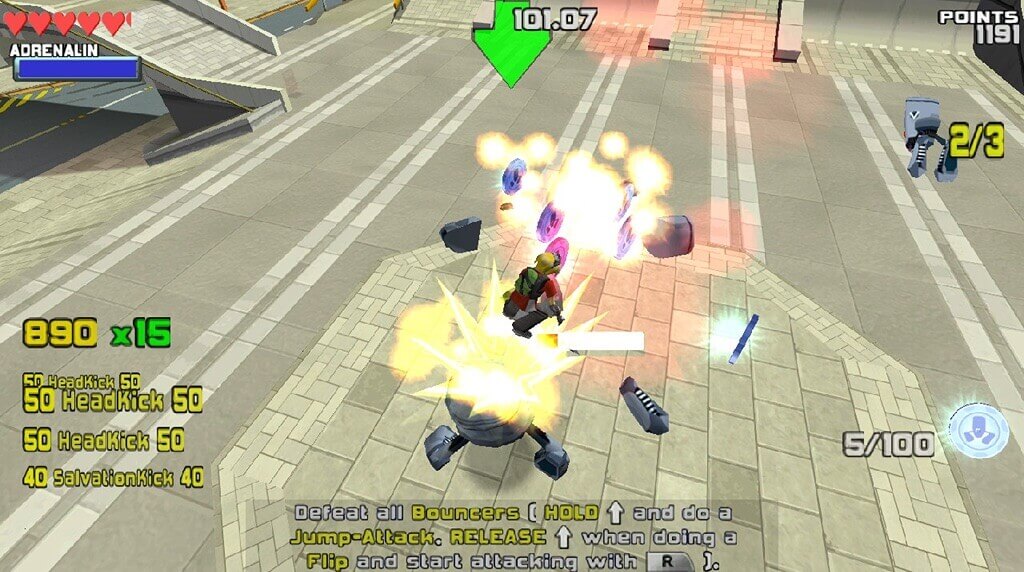
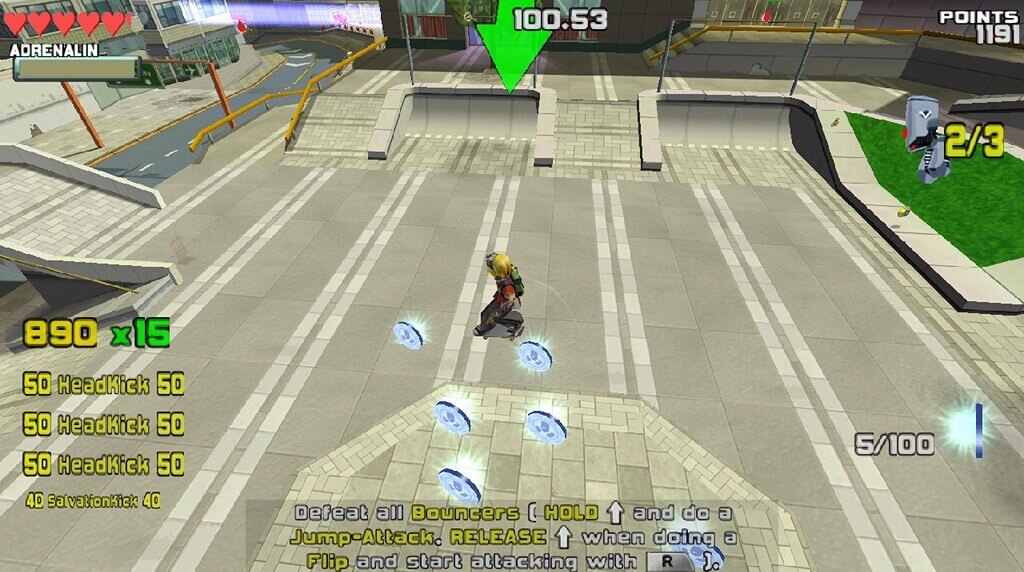
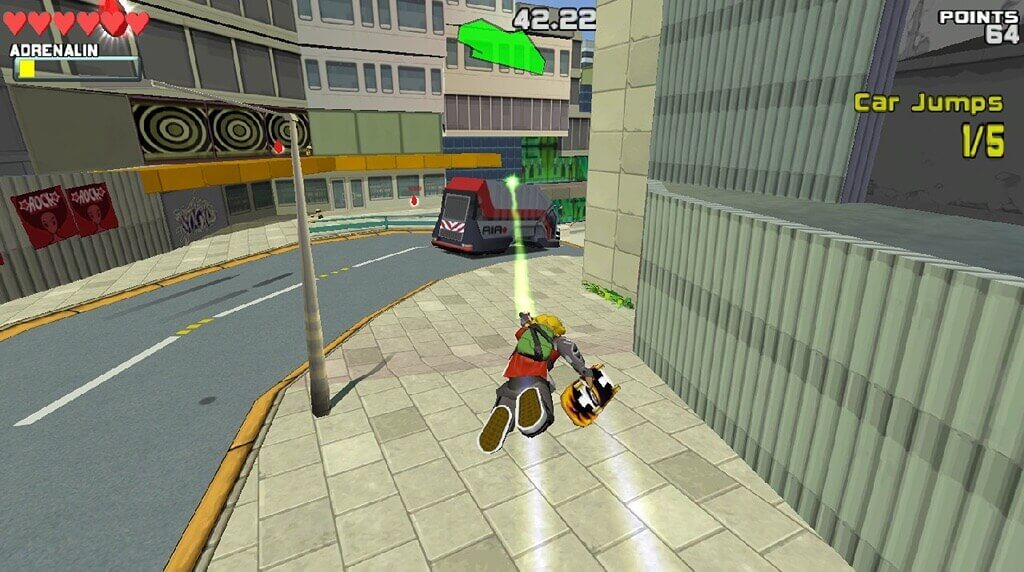
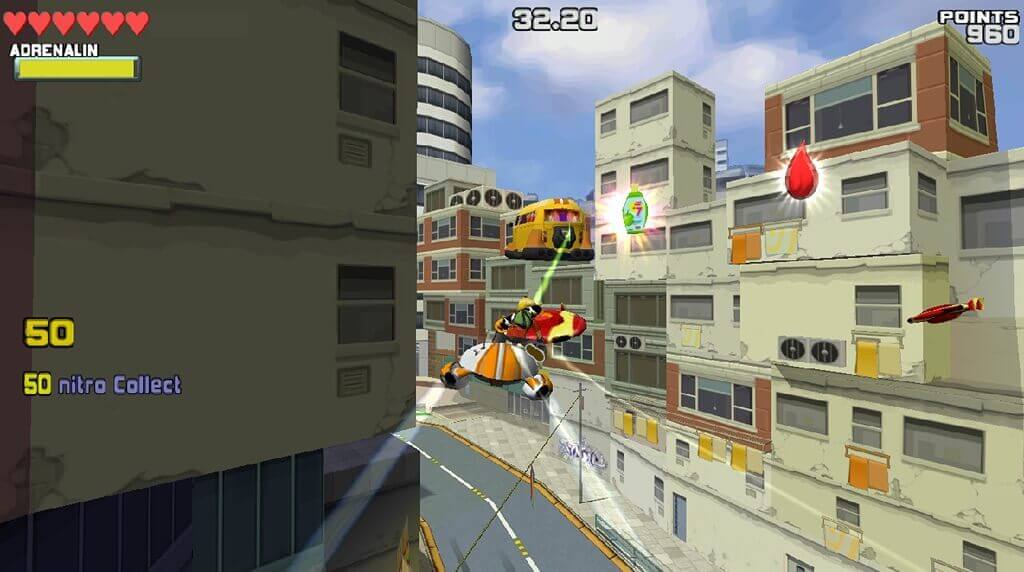
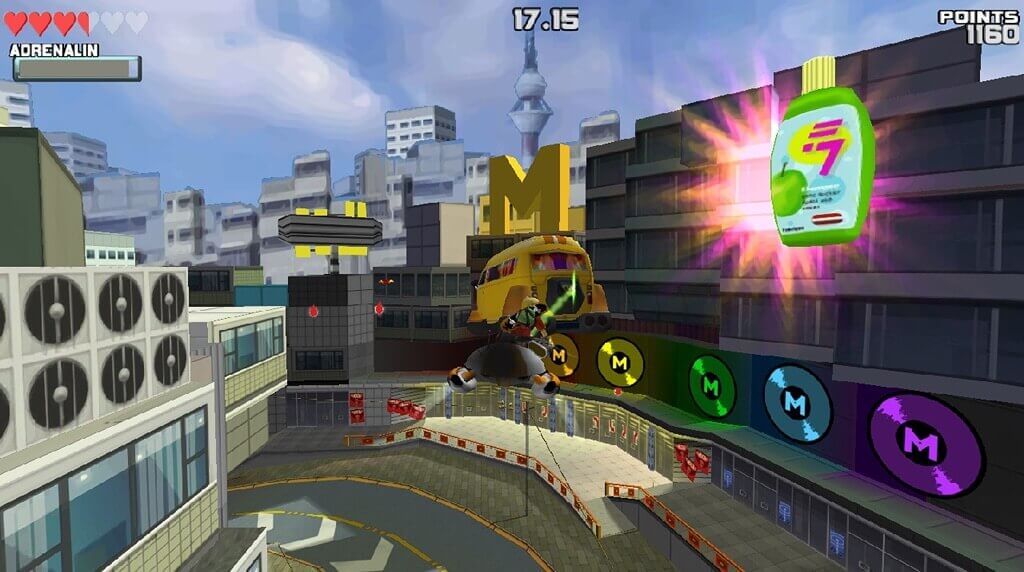
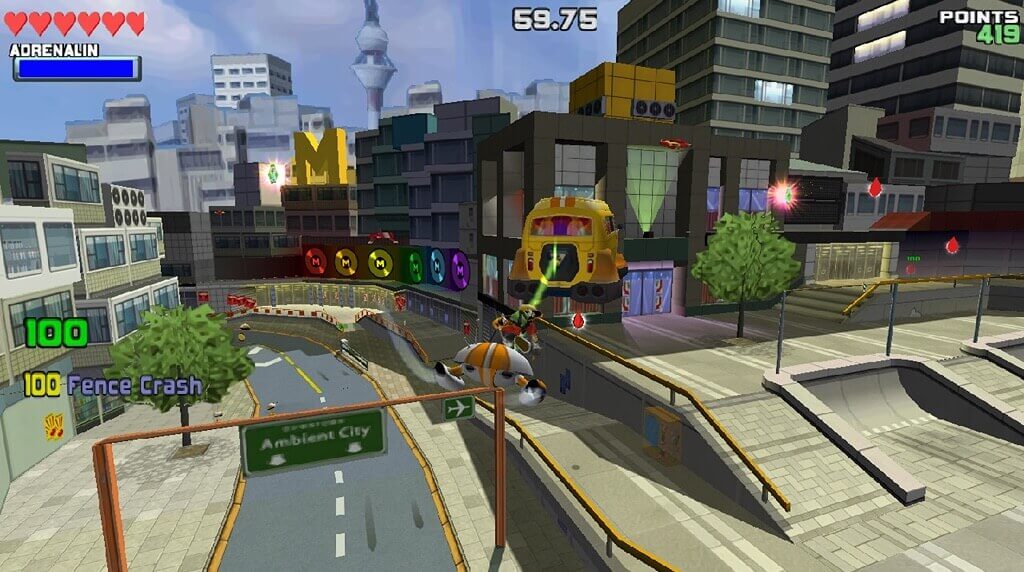
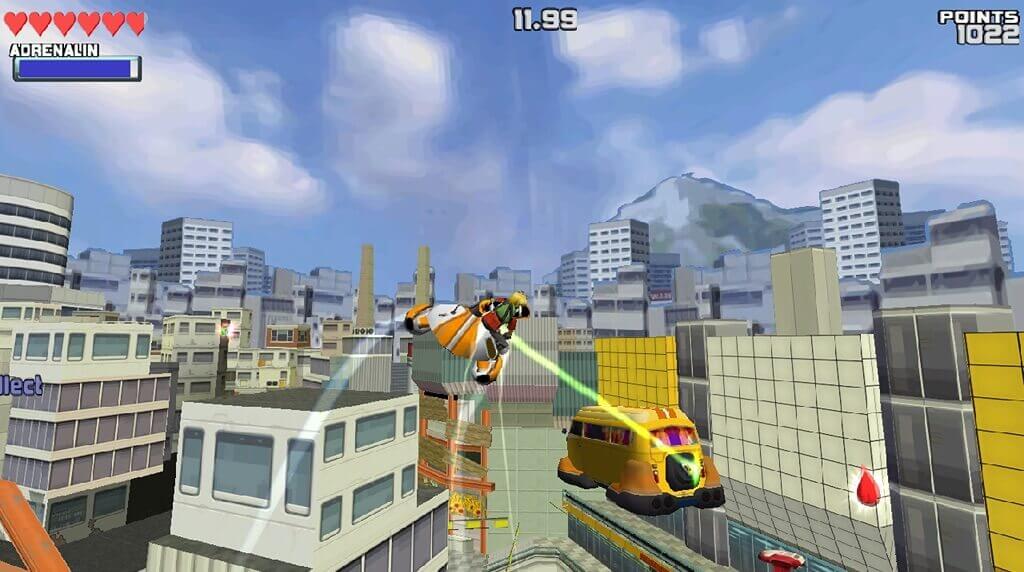
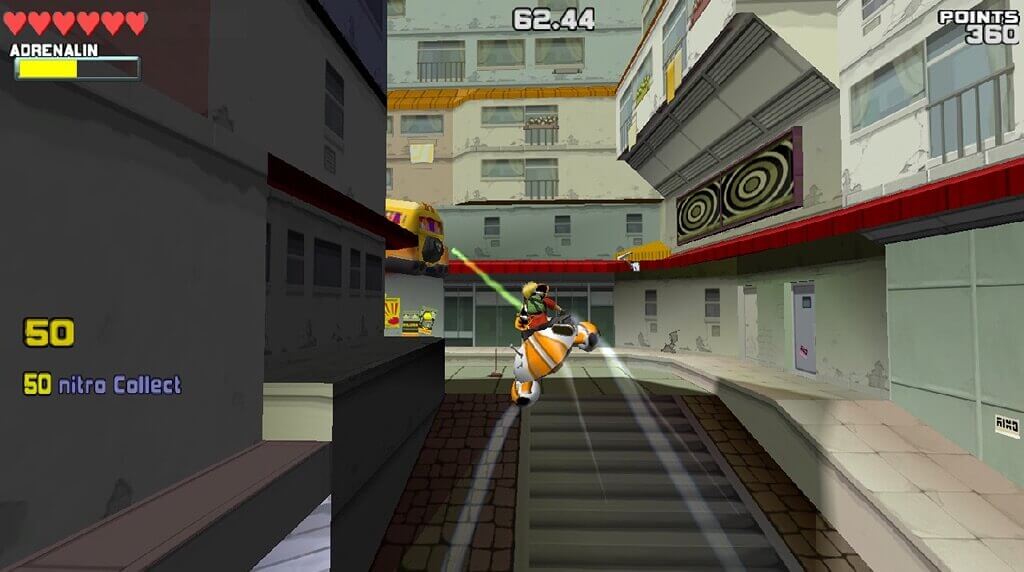
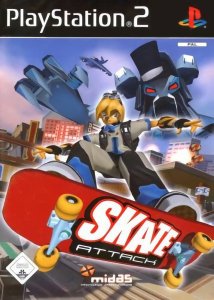
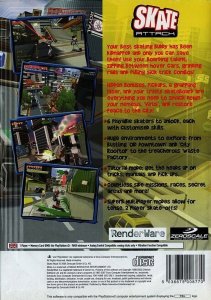
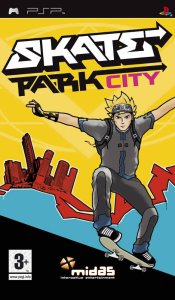
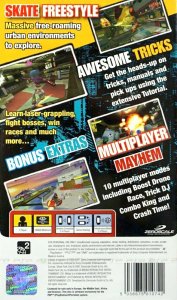
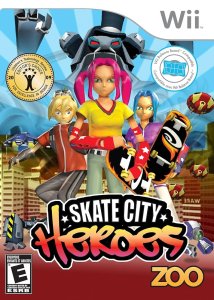
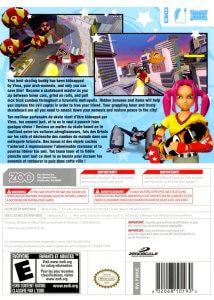
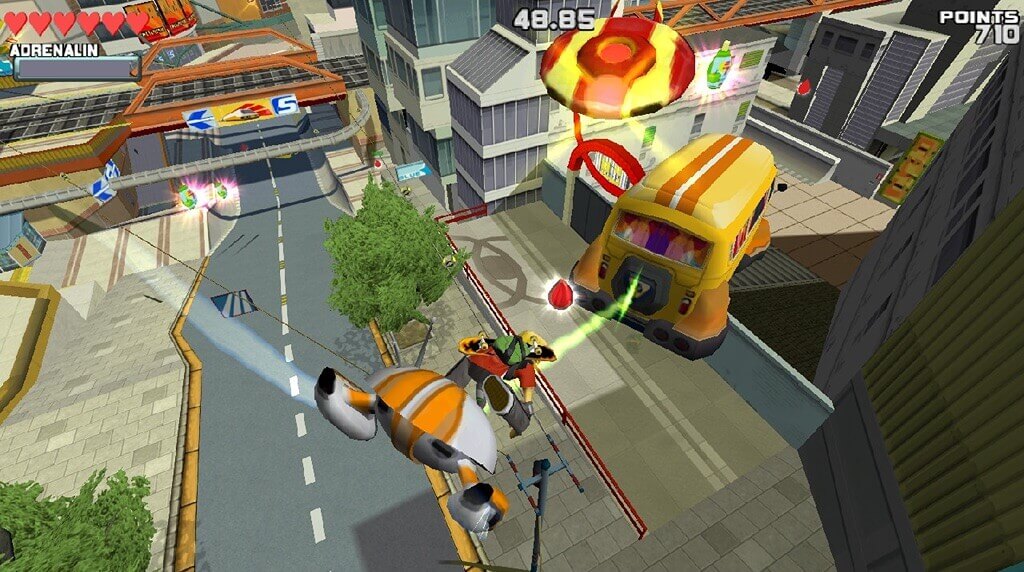
This looks interesting! Several of the skateboard sound effects are taken straight from the early THPS games, which is honestly kind of funny to hear lol
Ha, somehow I didn’t notice the sound effects! I was too distracted listening to the weirdly perfect music.